Chris Blackhurst must show evidence. After all, he is supposedly your writer on things economic. The argument on economics cannot be conducted if the facts are put on one side and prejudice and ignorance are given the prime space. What is transport in London like? Is it fit for the people of London? Who are the people of London? Do the people create the economic products or does a band of mostly unnamed, unaccountable speculators and fiddlers do that? Does 'the City' constitute the UK economy and match it and equal it and substitute it? What are the facts about the UK GDP? At what point does 'the City' weigh heavier than the sum total of all active components of productive economy? What do the key economic indicators on the future of the UK economy in light of the comparators as noted during today Thursday 13 August 2009 in view of the performance in Germany and France show about what are the main means for the UK’s recovery?
Does a single student of the economic activities and behaviour in any part of Western Europe, North America and Asia find any link between the needed economic recovery and a project that is now being so hyped that even a reference to it is becoming heavily laboured.
And contradictory?
No rational, responsible or realistic student of market economics can be so callous as to endorse that line.
They must scrap it. Osborne has no rational or logical option but to. What is more, he has no capacity to sustain £Billions of extra debts and waste… No UK finance minister can afford a scam that is already a headache even before its construction has to begin. It is not a party political option that Osborne can exercise here. It is sheer utter depth of debts that has been created by a very outdated approach taken by Brown that forces the scrapping of the scam. The news is likely to accentuate the trend in the near future. That more and more people are going to be stuck in jobless rut. Pushed into that sort of place where exactly will they be traveling to on Crossrail? Only one place: fantasy. It is lethal.
Chris Blackhurst
13.08.09
The transport minister Sadiq Khan's warning was stark.
“I hope we've reached the tipping point where this project can't be stopped,” he said on a visit to Canary Wharf to review the £16 billion Crossrail scheme.
“I've just come from Tottenham Court Road where a huge amount of work is going on. But there's still huge scope for people to come in and make massive cuts.”
What should be a final moment of elation for those involved in the east-west rail link, after 20 years of lobbying, has turned into a nightmare of uncertainty. Construction is under way.
But it's not got so far that the scheme can't be deferred yet again or scrapped completely.
The timing could not be worse. The bulk of the cost is coming from public funds — this for a train service that will benefit the City and Canary Wharf, just at the point when London's financial community could not sink any lower in public estimation.
Outside the South-East, Crossrail is viewed as assisting only the capital — at a moment when taxpayers' money is already earmarked for another mammoth development, the 2012 Olympics. Add to that the difficulty that Crossrail's private backers face in meeting their financing obligations in the teeth of recession and the euphoria surrounding Crossrail's go-ahead has all but vanished.
Worse is the prospect that it could vanish completely. Never a fan of the City and under pressure to curb public spending, Gordon Brown could order the builders to down tools. Of equal concern, however, is that the Tories, if they win the general election, could do the same. David Cameron will also want to show his readiness to slash expenditure. Crossrail finds itself right in the firing line.
There is a deeper issue here, though: the Tory party's attitude to the City. While Boris Johnson continues to talk up Crossrail and his transport adviser, Steve Norris, makes encouraging noises, the statements from George Osborne and senior central party figures are decidedly less enthusiastic. Admittedly, a spokesman says the new line “is an important piece of infrastructure for London”. But he goes on to add: “All programmes must demonstrate value for money and we will be seeking to get value for money in all spending.”
Partly, there is the hint of putting Johnson in his place, of reminding the Mayor — still at present the most senior elected Tory — who will be boss in the event of a Cameron victory, that running the nation is a bigger task than managing just London. But there is also the suggestion of a growing ambivalence towards the City.
It's pragmatic, of course, to downplay any of the party's historic warmth for bankers, who are widely blamed for provoking the credit crunch yet continue to pay themselves large bonuses while the rest of the UK suffers. There is, however, the suspicion in the City of a more permanent hardening of the Tories' mood.
A marker was put down when Cameron failed to address the first Confederation of British Industry conference after he became leader. He had an excuse but many in business saw it as a surprising snub.
It was as if he was signalling that the new Tory party was going to be different. It was not dissimilar to the alacrity with which he moved against the shire MPs exposed in the expenses row. His organisation was closer to the electorate, the message went, not so prepared to nod in the direction of privilege.
For a party that relies on big business for much of its funding, such a stance might seem surprising — and dangerous. But while donations have flooded into the Tory coffers since Cameron took over, the days of the large corporate cheques have all but gone. Big individual donors, fearful of being caught up in cash-for-favours accusations, are also less common. The City's influence is not as vital as it once was.
Several key members of the hierarchy work in the City. But in private there have been complaints that they are not being listened to, that Cameron and Osborne in particular are keener to pander to a wider audience. Last month's proposal from Osborne to hand back supervision of the City to the Bank of England and scrap the Financial Services Authority provoked despair among many of the party's City followers. It was not properly thought through and had not been consulted upon widely. Even the Bank of England appeared bemused. The policy had a political purpose, though: to highlight that Labour's flawed tripartite regulatory system had somehow exaggerated the financial meltdown.
It was nonsense and the City, which is never taken in by such political gestures, said so. This week, too, Osborne has been on the receiving end of a withering attack from Lord Mandelson. The shadow chancellor's recent claim that the “torch of progressive politics” had passed to the Tories — a phrase that did not impress the City, more interested in hard numbers than airy-fairy rhetoric — was denounced as “political cross-dressing” by the Business Secretary. As Ralph Topping, chief executive of William Hill, said pointedly earlier this month: “You always feel that Lord Mandelson is on the side of the business community.”
Osborne's quest for populism, his short-term thinking and his inability to second-guess the opposition (the relish with which Mandelson was able to belittle him was obvious, not least because it was on the very anniversary of their notorious meeting in Corfu last year) have failed to impress the City.
Increasingly, however, the City is suspecting that it no longer matters as much to the Conservatives: that Osborne and Cameron, whatever they might say in public, have taken a decision to distance themselves from the bankers who failed so spectacularly and behave so greedily.
In this respect Crossrail, for which the City has campaigned vigorously over two decades and the City Corporation is putting up £300 million, is fast becoming a true test of where the party stands. If Osborne pulls the plug, he will be charged with not looking ahead to 2017 when the service is due to open; of consigning the UK's business powerhouse to an antiquated Tube system; of allowing London to slip behind its rival centres with their modern state-of-the-art networks. But it might win him votes and popular approval. Right now, the City senses the direction he will choose.
Related articles
City 'experts' are left looking foolish by huge diveTories vow to scrap FSA and give power to Bank of EnglandHedge fund laws threaten London’s future as financial hub, Boris warnsAlistair Darling puts health warning on high-risk bankingMervyn King 'has an unholy alliance with Conservatives'
Reader views (3)
Add your view
It IS surely beyond doubt that Labour's tripartite system did worsen the financial meltdown: a lack of clarity of responsibility slowed decisions, the Bank only had price inflation as a responsibility rather than balancing this with price stability and the FSA was distant from money market operations. Osborne's plan may need refining but it is an improvement.I don't know who you mean by "the City" : I assume from your words that it is a few people dependent on New Labour for work or influence. Most people I know in the City do not support the tripartite system.Having said that - it would be disgraceful if Crossrail were dropped by the Tories again (as they did in the mid 90s).- John, London, UK
The tories need to state their intentions BEFORE the election so everyone knows that they have no interest in improving the travelling conditions for millions of commuters.Also the fact is even when the tube upgrades are complete their will be NO spare capacity and already Canary Whalf is suffering from overcrowding and without Crossrail Canary Whalf and North Greenwich peninsula will remain empty with the jobs going to Paris or Amsterdam etc. The big question on Boris can answer is whether he is porepared to resign as London Mayor if Crossrail was cancelled by an incoming Tory government?Anyway we already know from the banking crisis Cameron and Osbourne havent the faintest idea of what needs to be done!!- Melvyn Windebank, Canvey Island, Essex
That'll be the Tories who are funded to a large extent by hedge funds and businessmen? They're about as likely to turn their back on the City as I am to vote Conservative, but of course they can afford taxis.Crossrail doesn't just benefit the City, of course, and it's idiotic to say so - it also benefits places like Acton, the West End, Woolwich, Ealing, Stratford out to Shenfield as well as anywhere along the tube lines (District, Central, Piccadilly, Circle, H&C, Metropolitan) relieved by its extra capacity where you might now get a seat and along the parallel bus routes currently operating at high capacity to relieve the tube lines.In other words it benefits about half of London from the richest to the poorest, and if Osborne is dumb enough to scrap it, half of London should be told why the Tories (other than Boris, who's right on this, although I'm not sure how tough he'd be in fighting for us if the time came) think improving their lives isn't worth the investment.- Tom, London, UK
Add your comment
Name:
Your email address will not be publishedEmail:
Town and country:
Your comment:Terms and conditions make text area bigger You have 1500 characters left.
Remember me - this will save your name, location and email address for when you leave your next comment.
Email me a link to these comments.



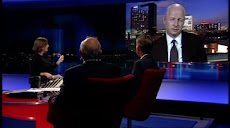

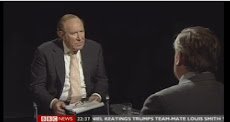
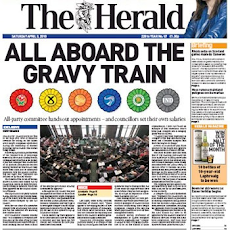
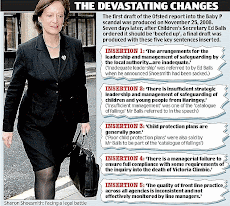

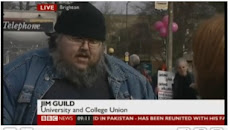
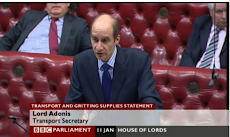





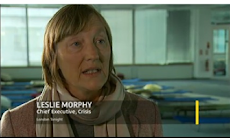


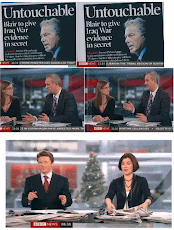
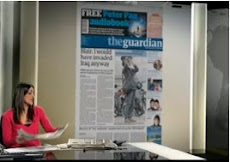

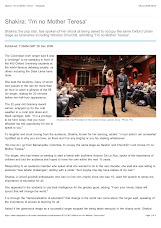
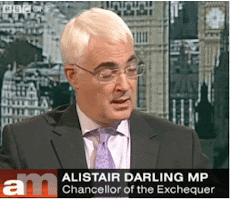
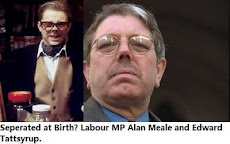
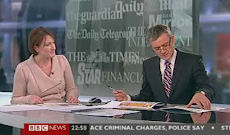
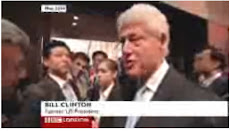
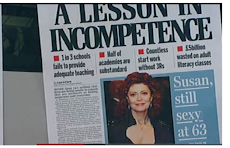
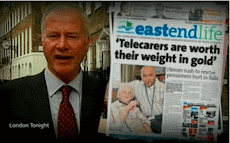
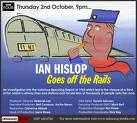

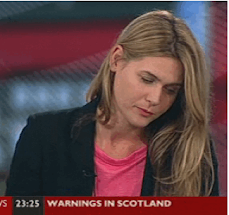


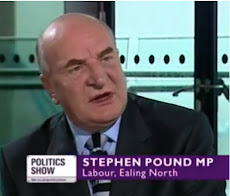

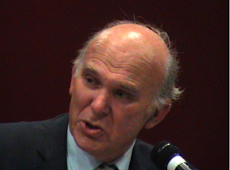


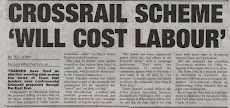
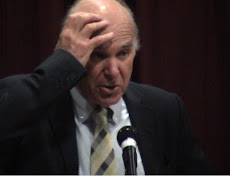
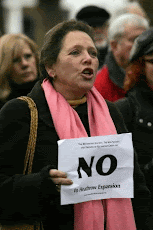

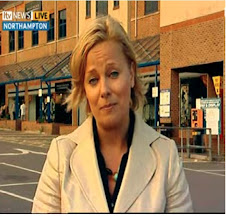
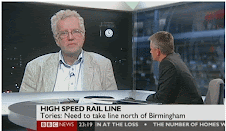
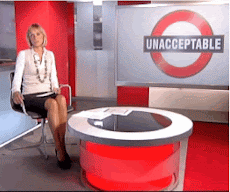
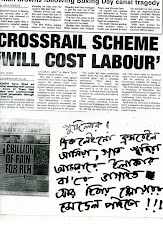

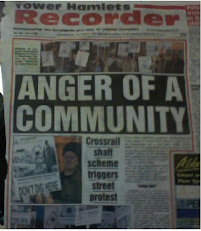
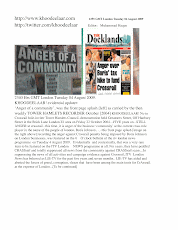
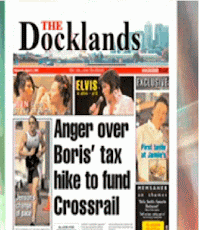


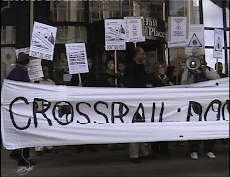

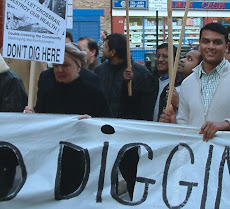

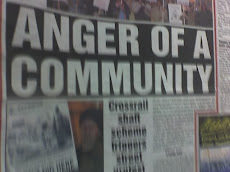
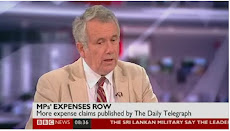
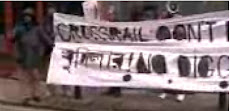
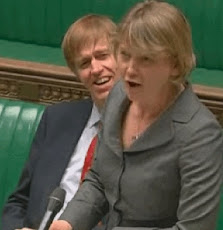


No comments:
Post a Comment